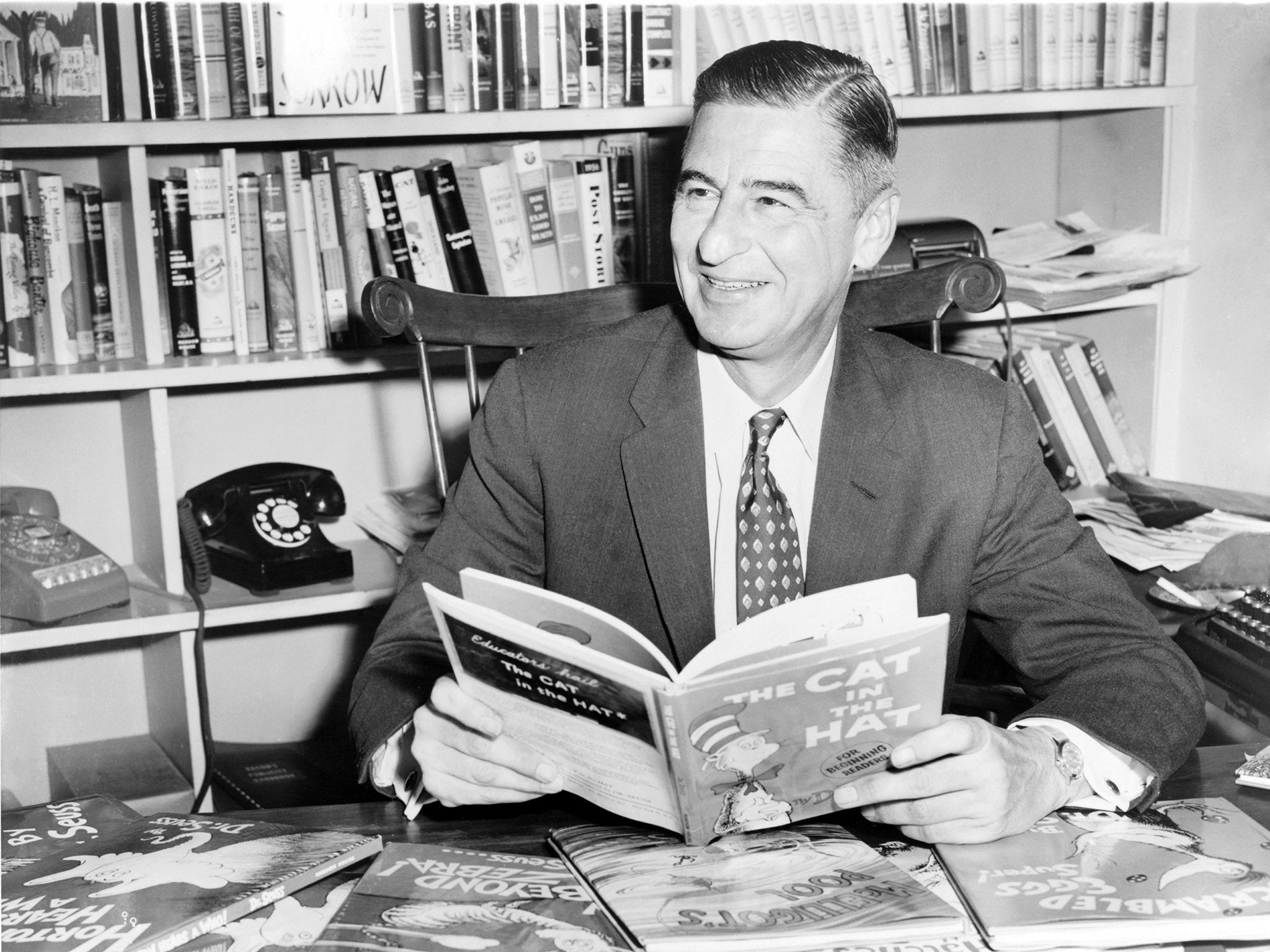Dr Seuss letter thanking friend for saving his first children's book manuscript goes up for auction
It is addressed to his college friend Mike McClintock, the author of classics such as A Fly Went By

A touching letter in which Dr Seuss thanked his friend for not letting him burn his first children’s book manuscript has gone up for auction.
The note, which dates back to 19 May 1957, is addressed to the writer’s college friend Mike McClintock, himself the author of classics such as A Fly Went By.
At that time, Seuss – full name Theodor Seuss Geisel – had worked in advertising and as a cartoonist, and was struggling to find a home for And To Think That I Saw It on Mulberry Street – which became his first children’s book in 1937 after being rejected by dozens of publishers.
Seuss was so disheartened he was ready to burn the manuscript. But McClintock, whom Seuss had met at Dartmouth College, saved it and even helped Seuss find a home for his work.
McClintock was working as a juvenile editor at Vanguard Press, which ultimately published And To Think That I Saw It on Mulberry Street.
Seuss clearly never forgot his friend’s gesture, and in 1957 wrote to him: “You picked me off Madison Ave with a manuscript that I was about to burn in my incinerator, because nobody would buy it.
“And you not only told me how to put Mulberry Street together properly...(as you did later with the 500 Hats), but after you’d sweated this out with me, giving me the best and only good information I have ever had on the construction of a book for this mysterious market, you even took the stuff on the road and sold it.”
The letter, which is being sold by Nate D Sanders Auctions, also gives some insight into Seuss and McClintock’s habit of contributing to each other’s work.
“I hate like hell to ask for your MSS [manuscript] if it isn’t finished,” Seuss wrote. “But I think I know your mind well enough to understand your intent even from the roughest notes.”
Seuss also references several of his own classics, such as The Cat in the Hat and How the Grinch Stole Christmas!

The missive is being sold as part of a lot coming from McClintock’s estate.
The starting bid for the lot, which includes three letters and illustrations, is $3,500 (£3,064). Bid-by time is on 31 January.
Join our commenting forum
Join thought-provoking conversations, follow other Independent readers and see their replies
Comments
Bookmark popover
Removed from bookmarks